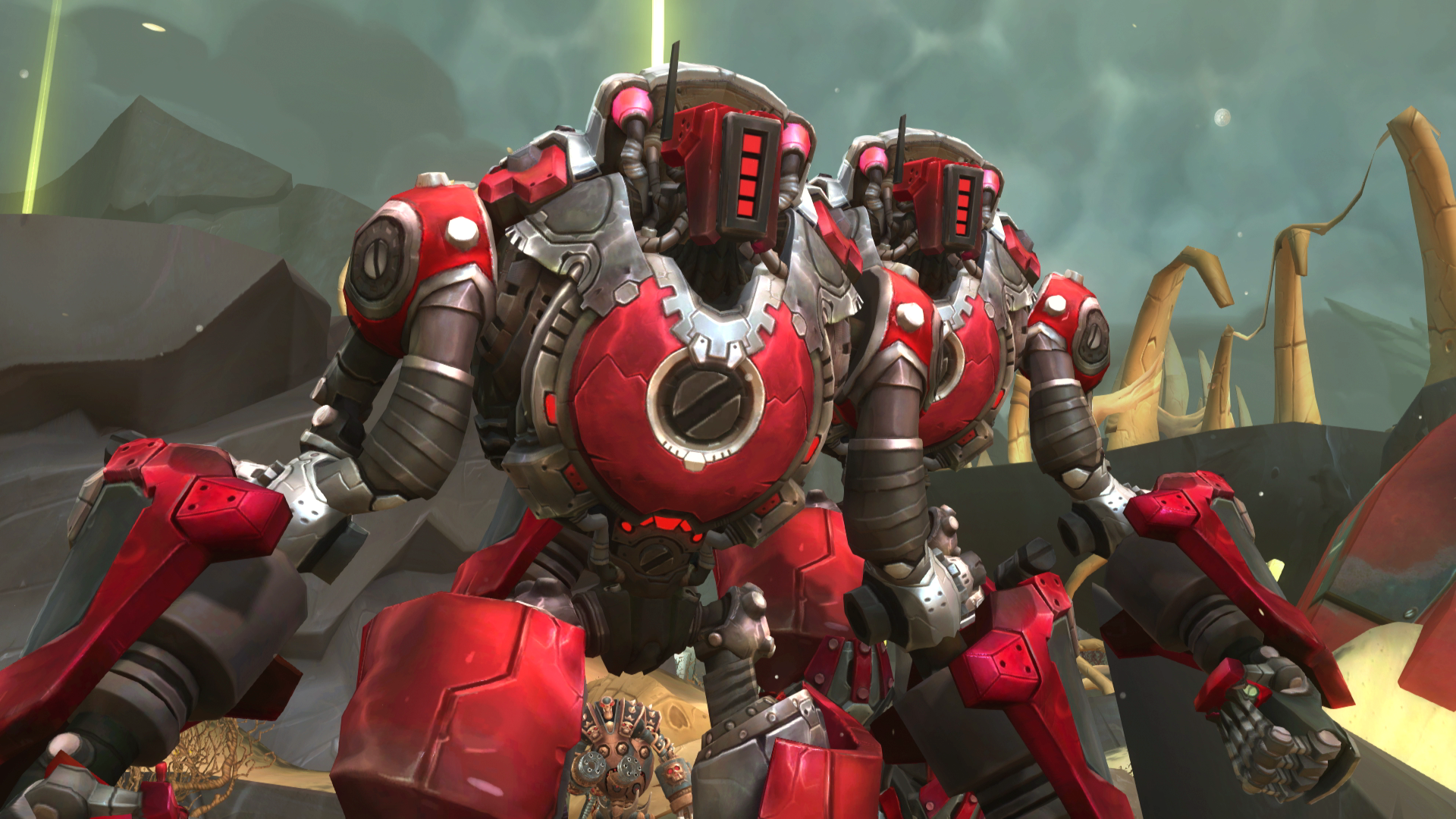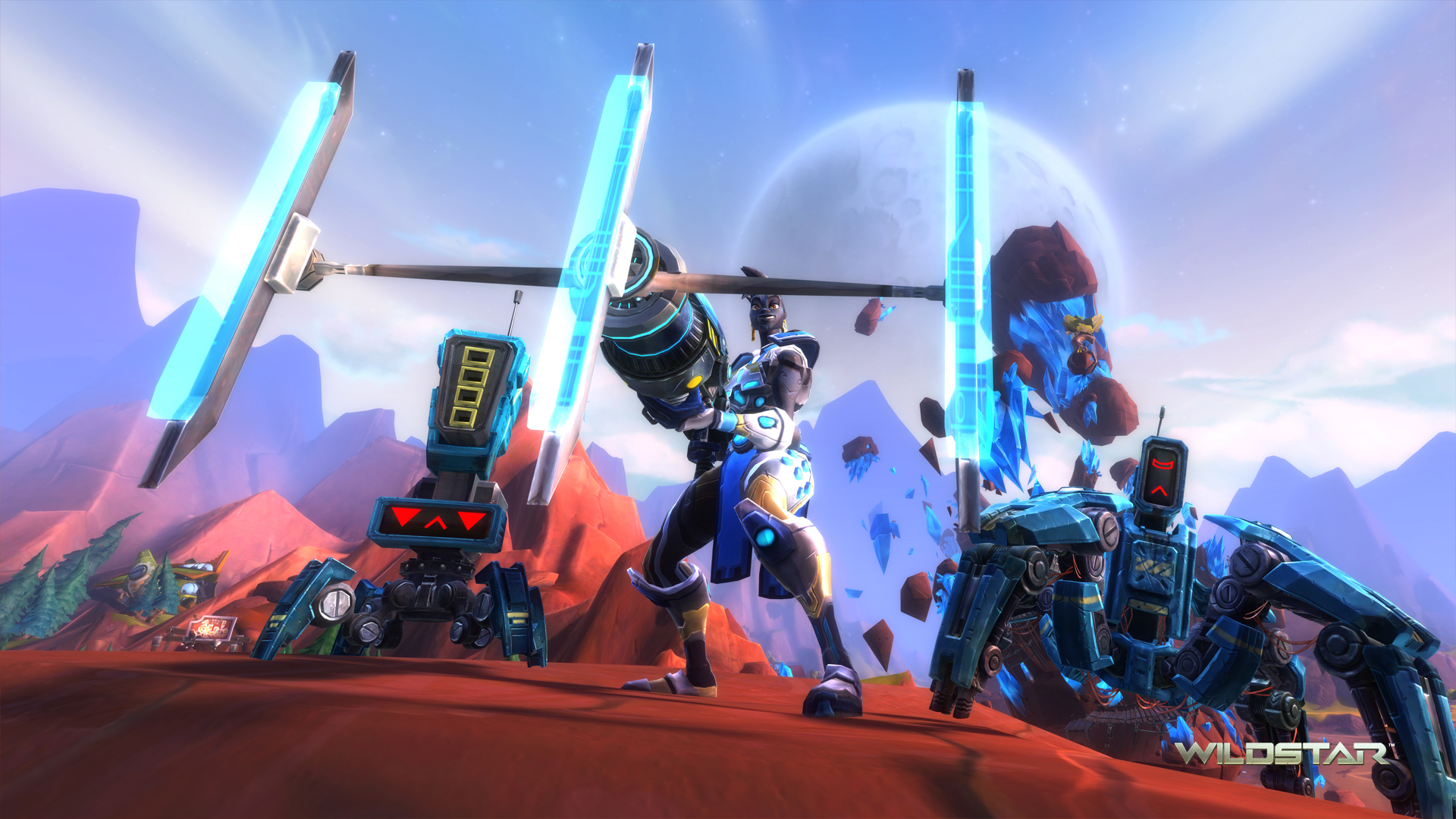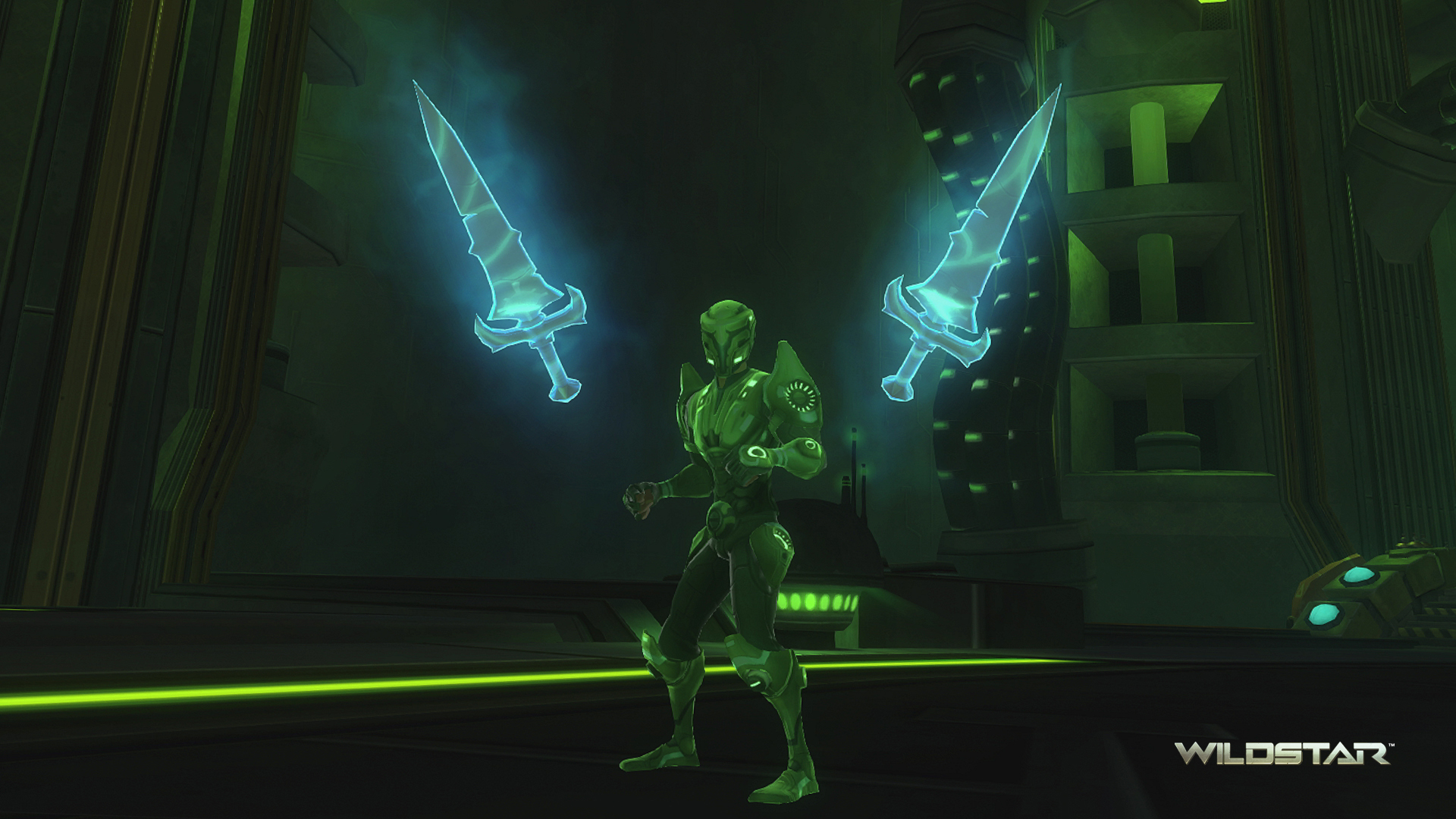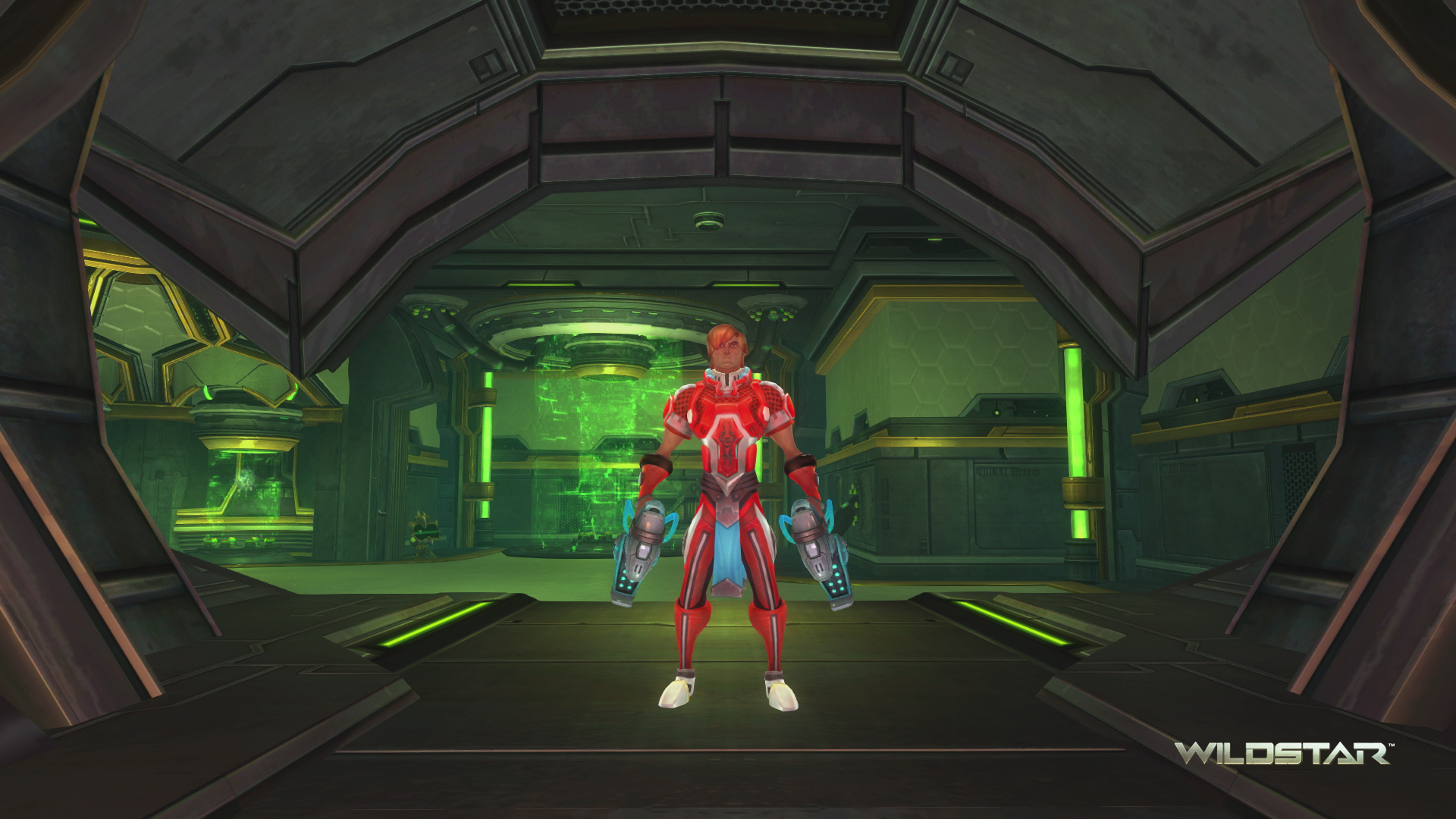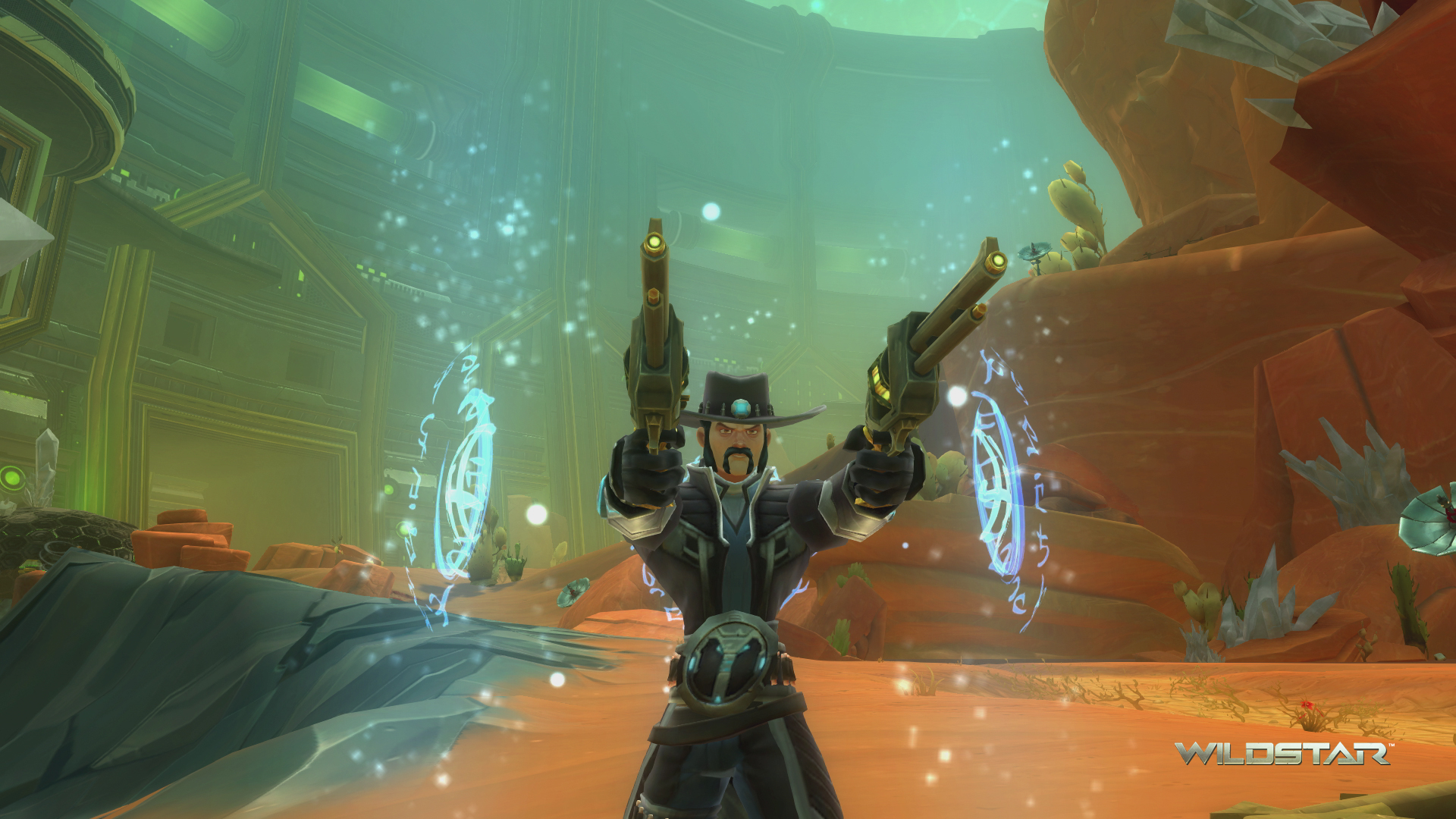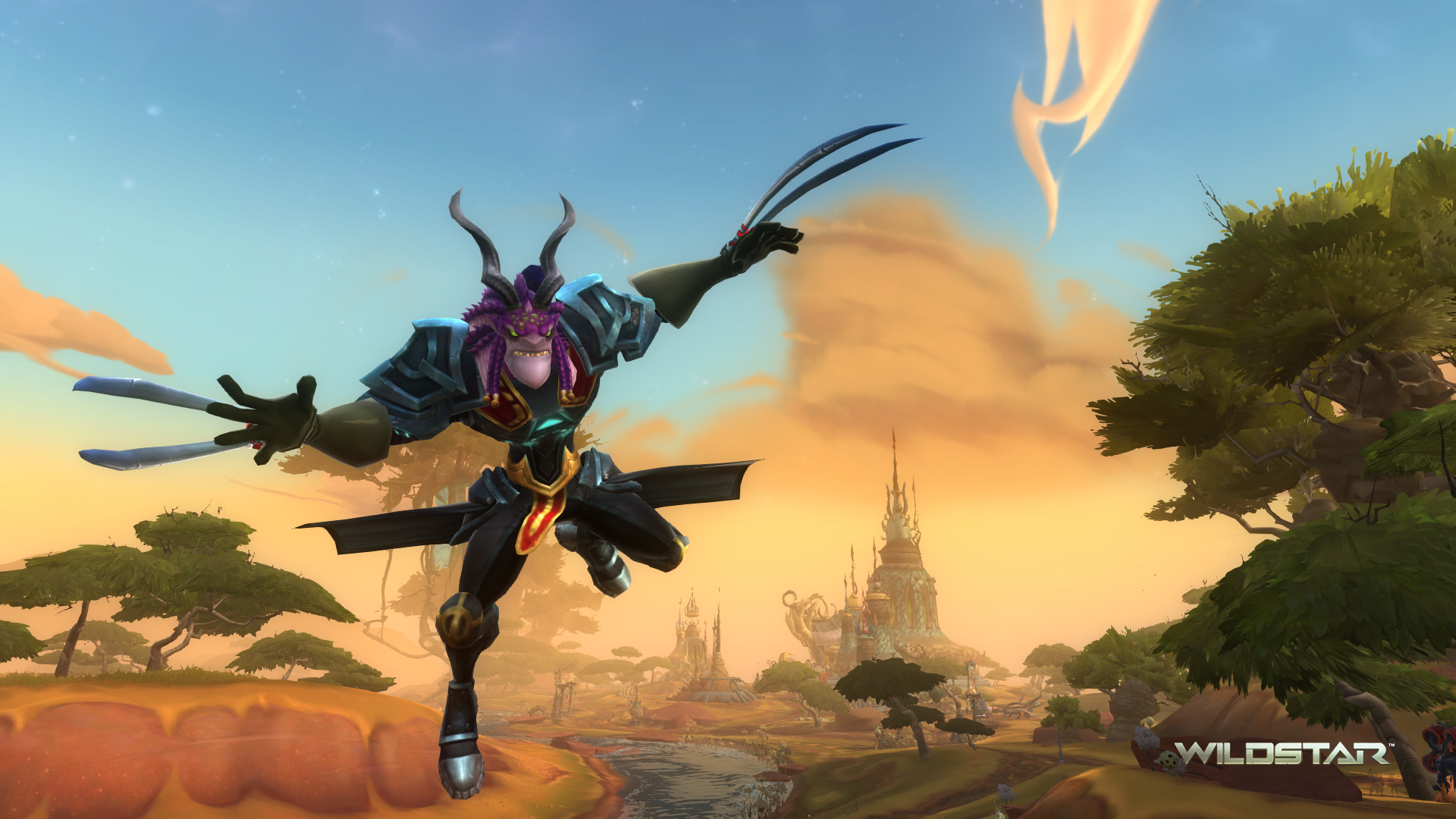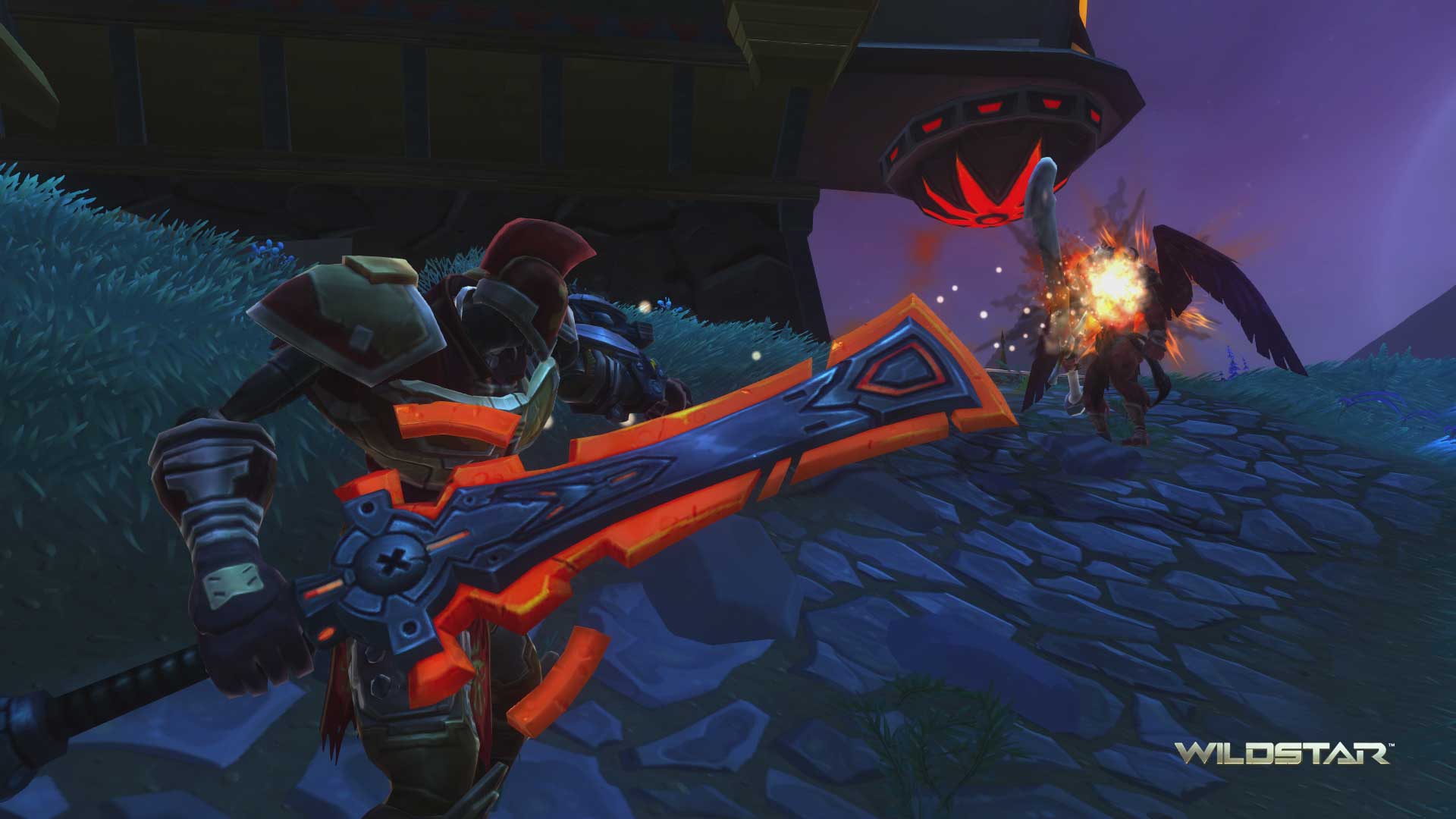GamesRadar+ Verdict
Pros
- +
Best-of-genre combat
- +
Fun
- +
light-hearted tone
- +
Deep crafting and housing
Cons
- -
Brutal quest grind
- -
Shallow storytelling
- -
Generic environments and aged presentation
WildStar is a decidedly old-school MMORPG with one major twist: an action-packed combat system that'll leave your knuckles white and your forehead beading with sweat. The strategic and exciting fighting invigorates the whole game. PvP becomes rambunctious, chaotic fun; boss fights become chess matches in positioning and timing; even puny, standard monsters are self-imposed contests in killing efficiency. Sadly, the only thing that the glorious combat system can’t do is make Wildstar’s patience-breakingly long quest grind stay enjoyably the whole way through.
This space-quest takes players for a light-hearted romp through an oddball science fiction universe, and parodies a whole slew of tropes along the way. At the beginning you pick a side: Exile, a lovable group of renegades who have been ousted from their homes; or Dominion, the evil empire that did the ousting. They are competing for control of Nexus, an unfortunately-named planet that contains a multitude of ancient and valuable secrets.
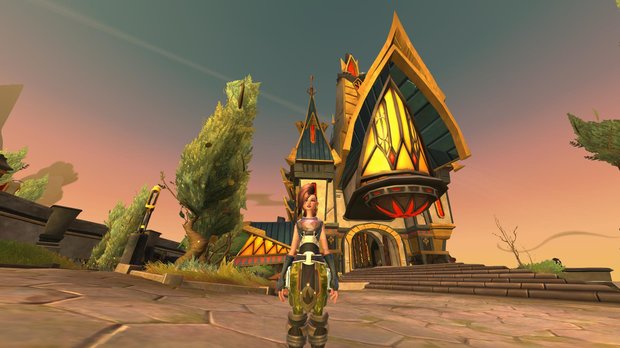
But Wildstar's main attraction isn't the setting--it's the combat. By way of reticules, WildStar lets you see where each and every attack--yours, allies' and enemies'--will land before they actually strike, making for a tense and enrapturing experience.The best players can move their character to optimize every attack and strike multiple enemies at once. Before long, you’ll make every press of W, A, S, or D with strategic purpose, vying for the tactical upper hand and the momentum-turning dodge.
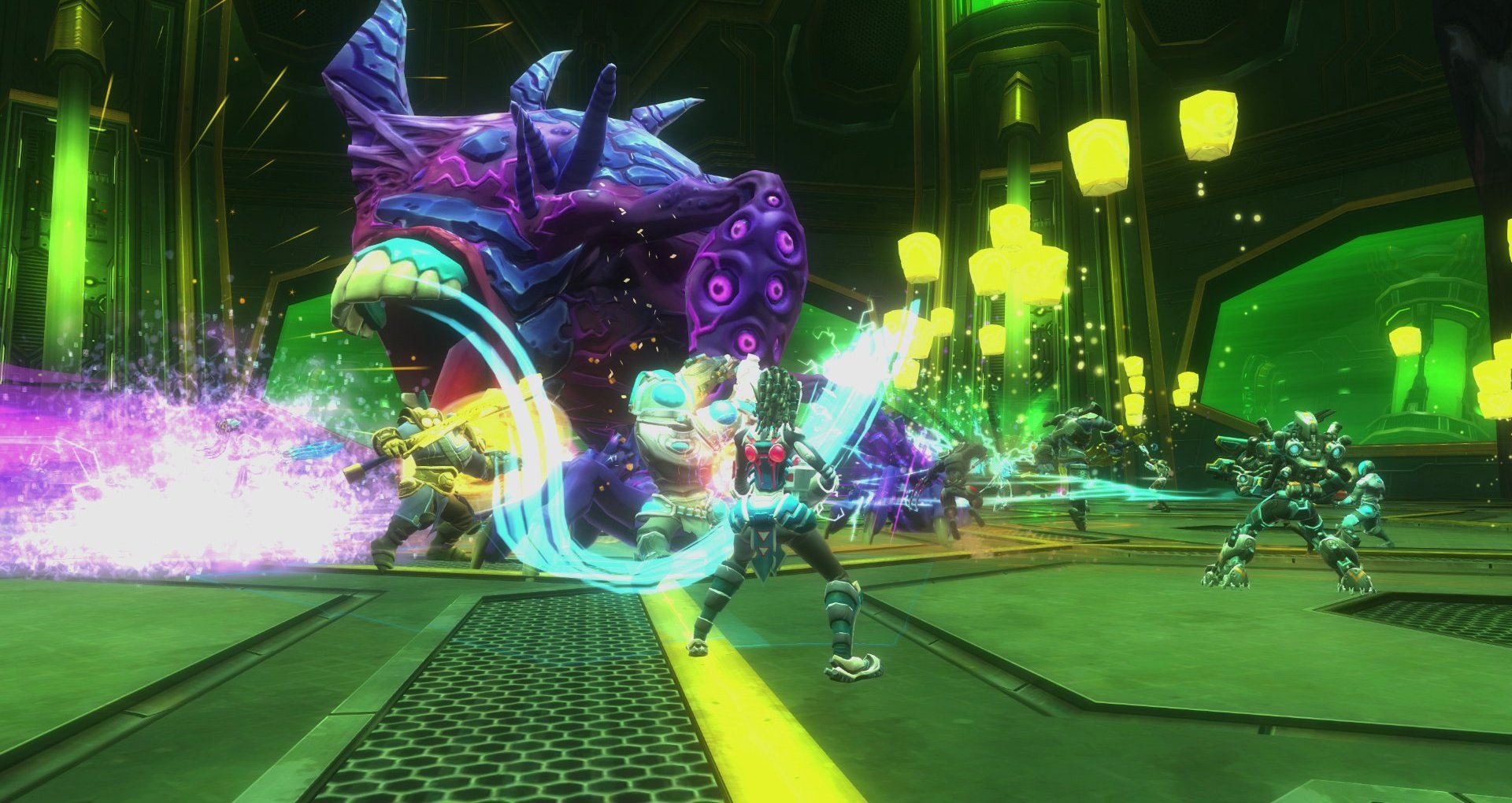
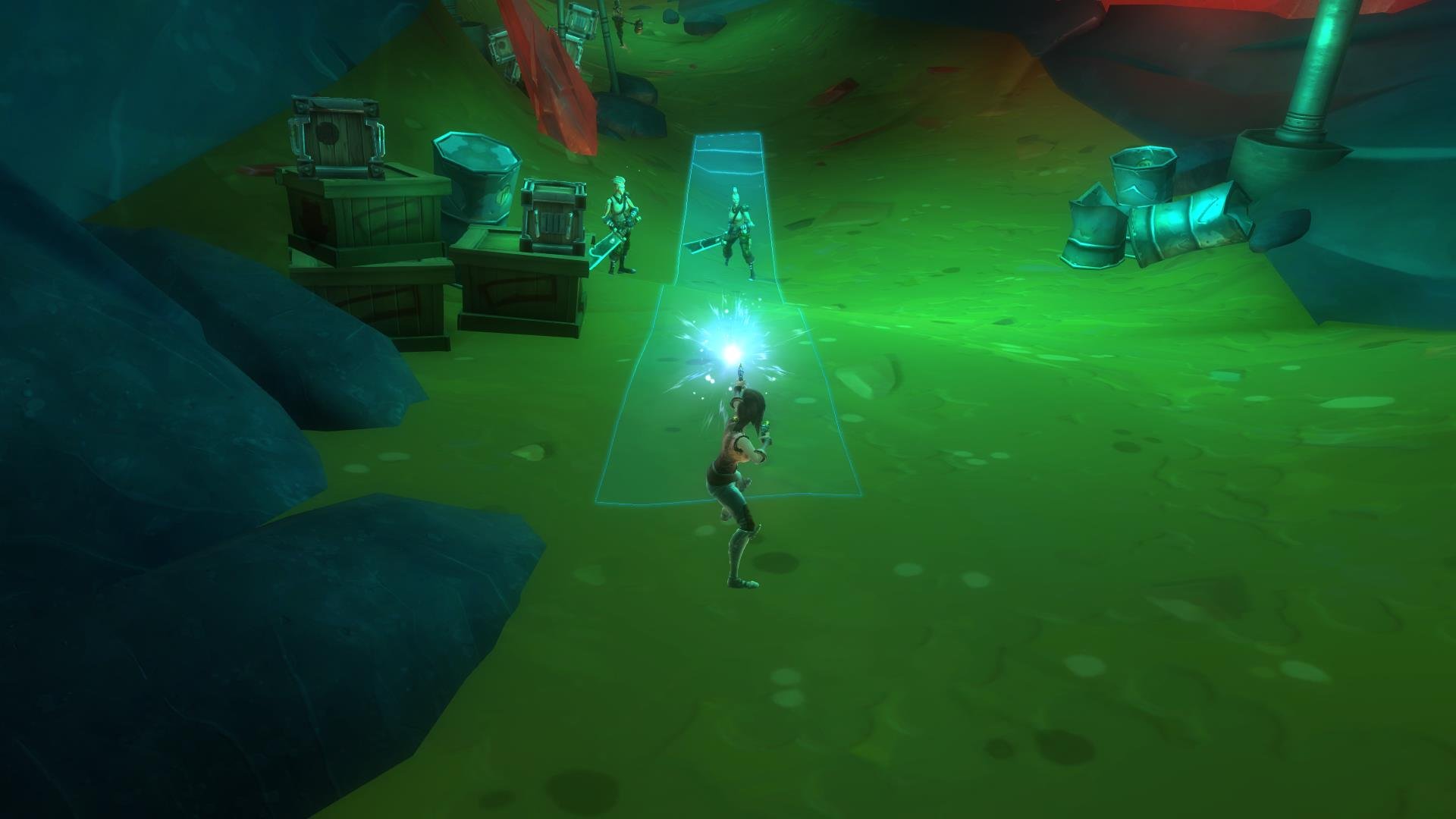
WildStar’s PvP is freaking crazy. Targeting reticules fly everywhere. You’re dodging every single second. Your area-of-effect attacks can nuke entire groups of enemy players from a far. It’s chaotic, intense, challenging, fun, and accessible with a simple button click once you’re past level 10. There are tons of game types--capture the flag, domination, etc.--and several persistent offerings, too. Honestly, I would play a standalone game with nothing but WildStar PvP matches, thanks in no small part to that glorious combat system.
Amongst the huge cast of enemies, no matter whether you’re fighting overgrown space termites, ruthless mercenaries or robots six times your size, the combat feels alive. In a genre where battle often amounts to rote hotkey-sequence pushing, that’s a revelation. It’s the most satisfying combat I’ve experienced in an MMORPG.
It’s helped by the Limited Action Set system, which forces you to equip only a handful of abilities at a time, even though you have a plethora to choose from overall. This makes mixing and matching abilities an interesting activity, almost like deck-building in a card game. New, powerful combinations are constantly discovered. For example, pairing my character’s immobilizing stun with a charged shot--which requires your character to stand still to reach its full damage potential--brought about rather effective results. Picking and choosing what you want to roll with is painful, but it’s the good, brain-tingling kind of pain.
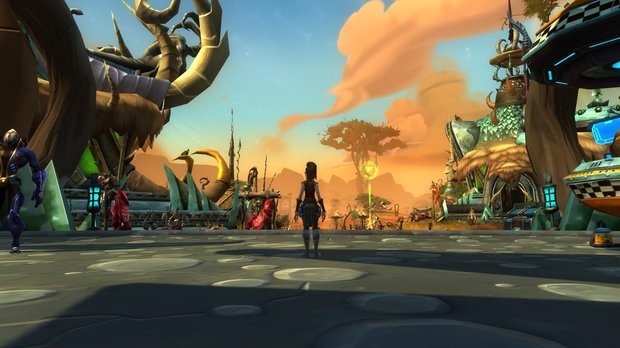
The game’s visuals use a bright, cartoony aesthetic to reinforce the light-hearted tone, and boast an impressive draw distance, helping you feel the massive scale of Nexus’s zones. But I would hesitate to call any of the areas particularly original or inspiring. They often feel like parodies of MMORPG locales you’ve seen before. I did enjoy exploring each faction’s digs on the planet, which use some lovely visual storytelling: the Dominion’s towns are blood red and gothic, patrolled by hulking mechs. The Exile strongholds are heroic blue and endearingly weathered. This helps give your faction some personality and reinforces your role in the world’s conflict.
Your progression along the game’s leveling curve will happen, mostly, through quests--but nearly all of them are flimsy affairs, with no real narrative or emotional heft. And that means they quickly become boring, almost indiscernible. It doesn’t help that there are very limited amounts of both cutscenes and voice acting. Instead, most of the storytelling is done through brief bits of text. Your character has no background, no emotions, no relationships to anyone. You’ll terraform land, pick strange glowing berries by super-leaping to the tops of trees, use lasers to turn placid creatures into ruthless predators, and much more--and all of it will have little impact on anything beyond your EXP total.
Making the vanilla quests even more offensive is the fact that WildStar has one of the most brutal quest grinds in recent memory. Progress is slow. There are plenty of distractions, but you can’t avoid that at some point, you’re going to have to invest a significant portion of your life in getting your character to the level cap. With no motivation to do so other than pure joy of watching your level increase, it’s easy to get burned out rather quickly.
But there are occasional moments where the game’s quirky sense of humor takes center stage, providing a welcome reprieve from the grind. For example, my character once found herself embroiled in the inner workings of the Protostar Corporation, an evil affiliate of the Dominion, carrying out tasks like slaughtering failed clone-pigs and firing underperforming employees. It was a memorable and incisive bit of social commentary that served to illustrate just how enjoyable WildStar could be with a bit more attention given to storytelling.
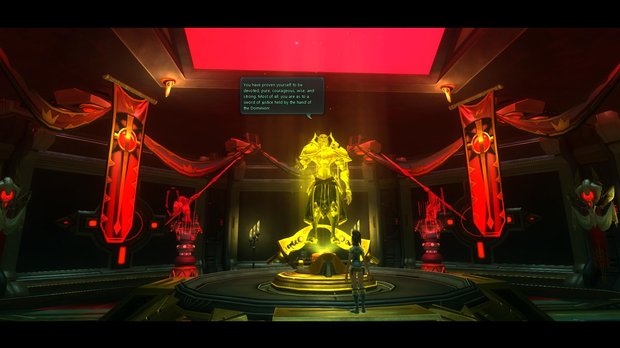
Fortunately, the other systems that the game provides are both deep and rewarding. First and foremost is the Path system, which is a bit like an alternative leveling curve. Players choose from four paths: Explorer, Soldier, Settler and Scientist, each with their own form of progression. Settlers build bonus-granting stations for all to use. Explorers make their way to hard-to-reach landmarks (often using the game’s inspired double jump mechanic), and so on. Increasing your path level grants useful abilities, and more importantly, provides a nice break from the experience grind.
Second is the housing system. Players gain access to their instanced housing plot at level 15. From there, you can spend hours placing different things in and around your house, from decorative items to functional stuff like harvestable resource nodes. You can even customize the sky and lighting that you see. It’s a polished outlet for player creativity, with only a slightly irritating UI, and tangible rewards in the form of bonuses granted by your various furnishings and decorations.
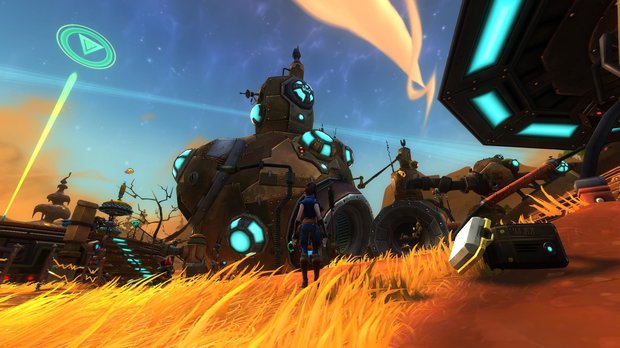
Finally, crafting goes well beyond the “get your ingredients and press OK” style of many MMORPGs. You can customize your creations with the statistics of your choosing by using different materials in addition to the required ingredients. That leads to a lot of enjoyable tinkering, seeing what benefits you can squeeze out of each item. Overall, it’s much more involved and interesting than what’s offered elsewhere.
Because the combat is so polished, so simultaneously strategic and action packed, WildStar can be an addictive and engrossing experience. It’s a shame that there isn’t more substance to supplement the action, to help the brightly-colored world become alive and meaningful instead of being simply eye candy. Perhaps it is only because the combat shines so brightly that the rest of the game seems so dull, but that’s no excuse. Come for the combat, stay for the combat, but don’t surprised if it can’t carry you all the way through to the end.
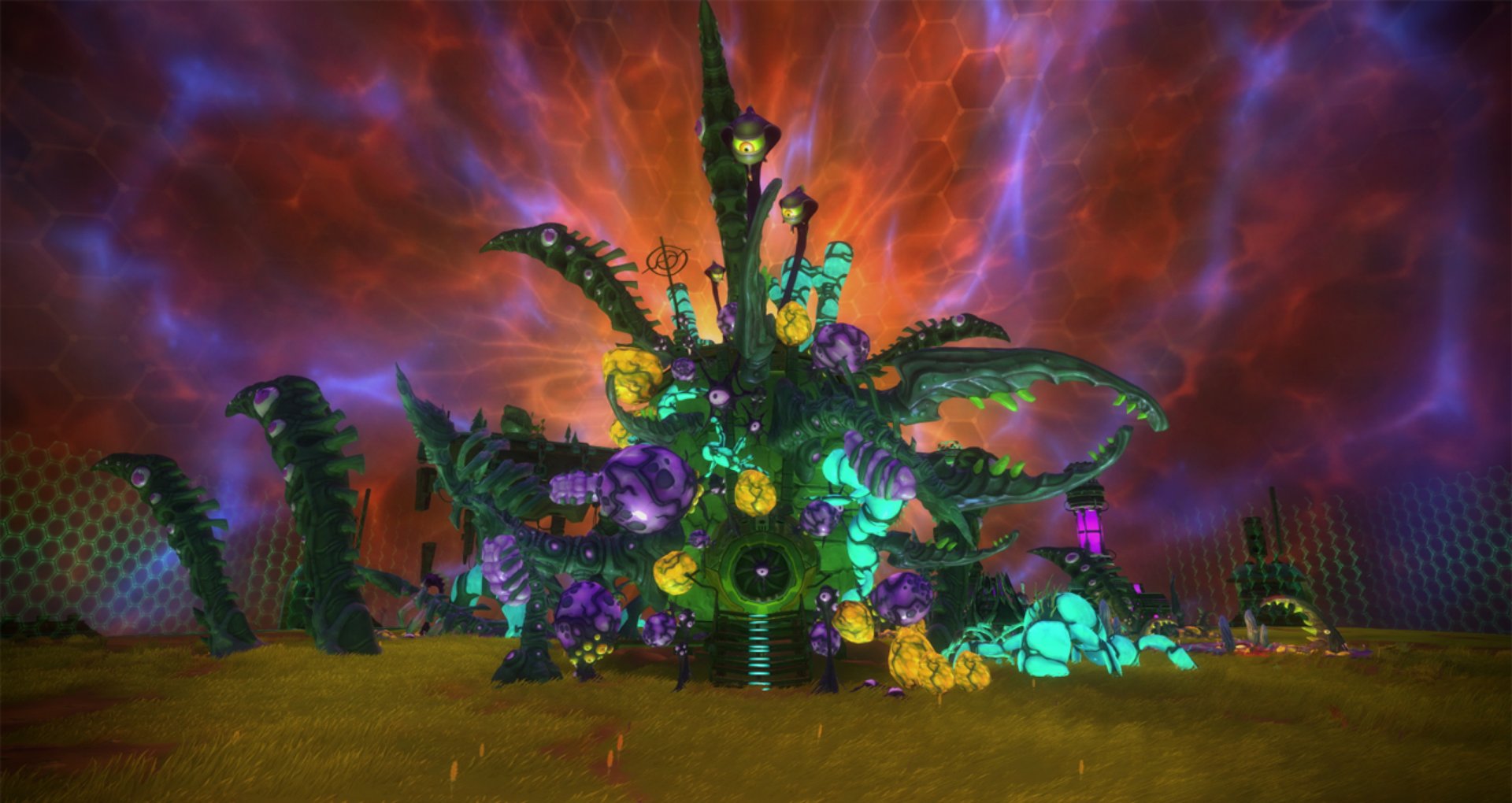
More info
| Genre | Role Playing |
| Description | Future fantasy MMORPG that - in addition to race and class - gives players the chance to choose from one of four 'path' types. |
| Platform | "PC" |
| US censor rating | "Teen" |
| UK censor rating | "12+" |
| Release date | 1 January 1970 (US), 1 January 1970 (UK) |
